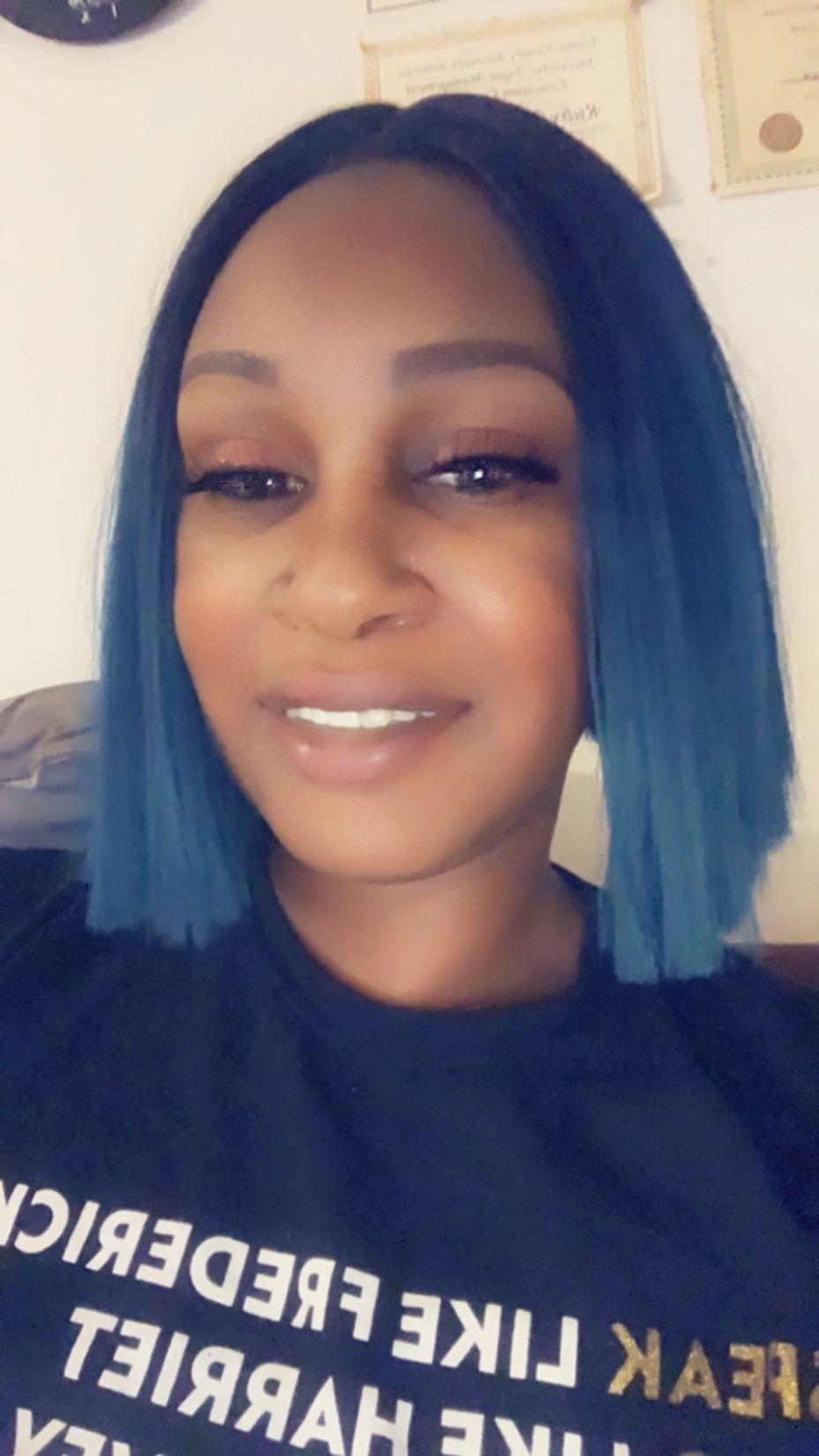eye contact
eye contact

Does anyone know who does AUTISM assessments for ADULTS in western NC, or east TN, or southwest VA?
Hi. I am seriously interested in getting an assessment for ‘Autism,’ or ‘Autism Spectrum Disorder’ for Adults. I am over 60, and I don't need it to qualify for any kind of help or benefits at my age. I just need to know, so I can answer a thousand personal questions about myself. It's for my peace of mind, but it also has the advantage of being useful family medical information that I can pass along to my kids and grandkids.
I have a ton of different diagnoses from as many doctors and therapists from over the course of my life. So many of these diagnoses have some of the same symptoms, and so many of the diagnoses seem to battle with others for ‘dominance’, that I don't know what to believe anymore. One doctor will say he's certain I have one thing, and five years later another will say he doesn't agree, and says it's something different. Meanwhile, both of them put me on medications for those things, and the second one is basically telling me I just wasted 5 years of prescriptions and therapy designed for the first thing. Not once, not twice, but many, many times I have gone through this.
Because of all of that, I currently have a bushel of diagnoses that are supposedly correct and current, and a ton of prescriptions to go along with them. And I don't have the confidence that any of them are correct, like I so easily assumed when I was younger. Do you see my frustration?
From my reading in the last few months, I have seen my traits (i.e. symptoms) and my thought patterns and thought processes turn up time and again under the detailed descriptions of Autism and Autism Spectrum Disorder. If that were found to be true, it would settle my mind, and it would give me something that I lost long ago, and assumed I would never see again: Hope. It would make such a difference if I could be able to focus on one true diagnosis instead of a jillion competing diagnoses. I could work on learning coping skills and workarounds for one thing. One.
So, I need to find a doctor or a therapist who assesses for ‘Autism’ or ‘Autism Spectrum Disorder’ IN ADULTS in the:
1. western half of NC, or
2. southwest area of VA, or
3. eastern part of TN.
(A little outside of those areas could work, too, if they are good.) ***I have been told that “the MIGDAS-2 assessment” works better for those of us who have been masking for many years. What are your thoughts?
I do appreciate you reading this far. I know that it was long. If you can help me find someone, please let me know. Thank you for your time. I wish you Peace, and Joy, and excellent Health. ♧
♧
♧
#Autism #Depression #Anxiety #PathologicalDemandAvoidanceSyndrome
#ReactiveAttachmentDisorder #SocialAnxiety
#MajorDepressiveDisorder
#Bipolar2Disorder
#BipolarDepression #TreatmentresistantDepression #CombinedPresentationADHD #ADHD #AspergersSyndrome #AutisticAdults #Autistic
#Hypervigilance #Hyperfocus #silent #EyeContact #Stimming #Suicide #PTSD #CPTSD #ComplexPosttraumaticStressDisorder
#BodyFocusedRepetitiveBehaviors #BFRBAwarenessWeek #Parentification #Abuse #neglect #Insomnia #DermatiIlomania

Why Is Eye Contact Such A Big Deal?
Why is eye contact such a big deal?
No, seriously. My entire life, I’ve heard it stressed that good eye contact is important, you have to make eye contact with people when you communicate, and even that people who avoid eye contact are untrustworthy or hiding something. My entire life I’ve had problems making eye contact. It’s uncomfortable, even painful at times, and it makes it hard to think.
I did not know I was autistic until I was almost 30. Then it will made sense to me. But that didn’t change the expectations of the world. Over the years, I’d learned tricks to take eye contact – look at their forehead, for example – but as I’ve gotten older I’ve found myself wondering why this is even necessary. As my youngest daughter, who is 8 years old and also autistic, grows up, I find myself not wanting to make her change for the world; the world needs to change and adapt for people like us.
